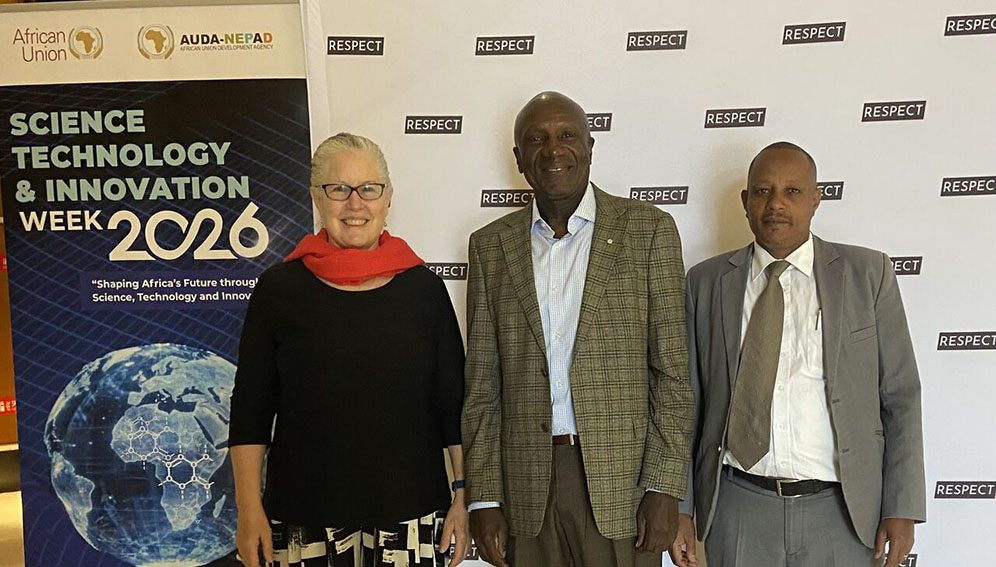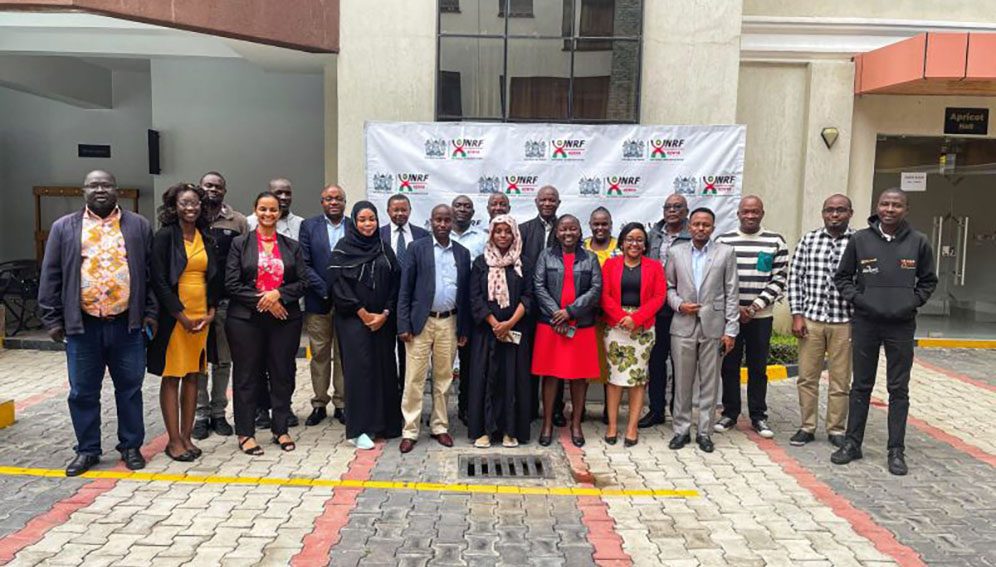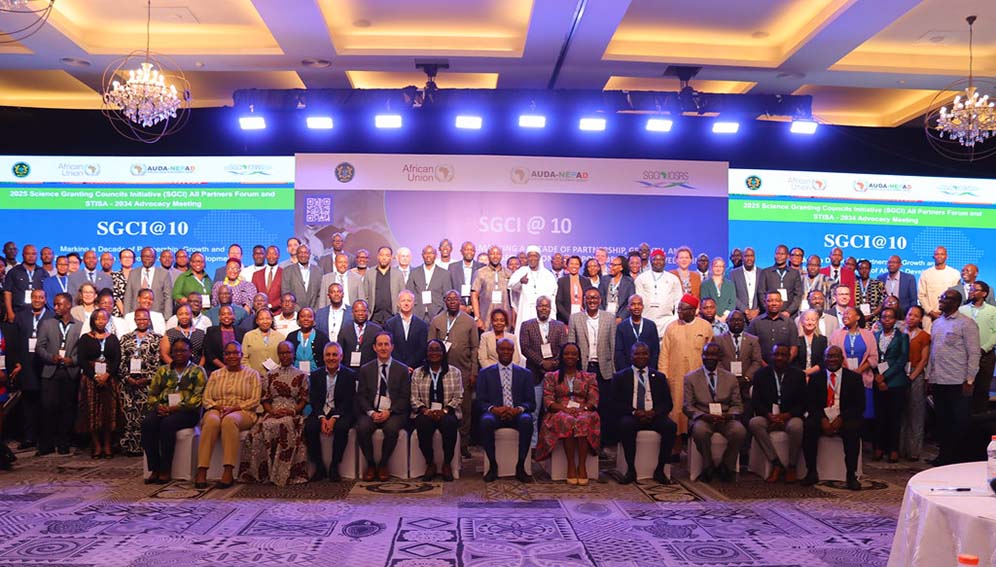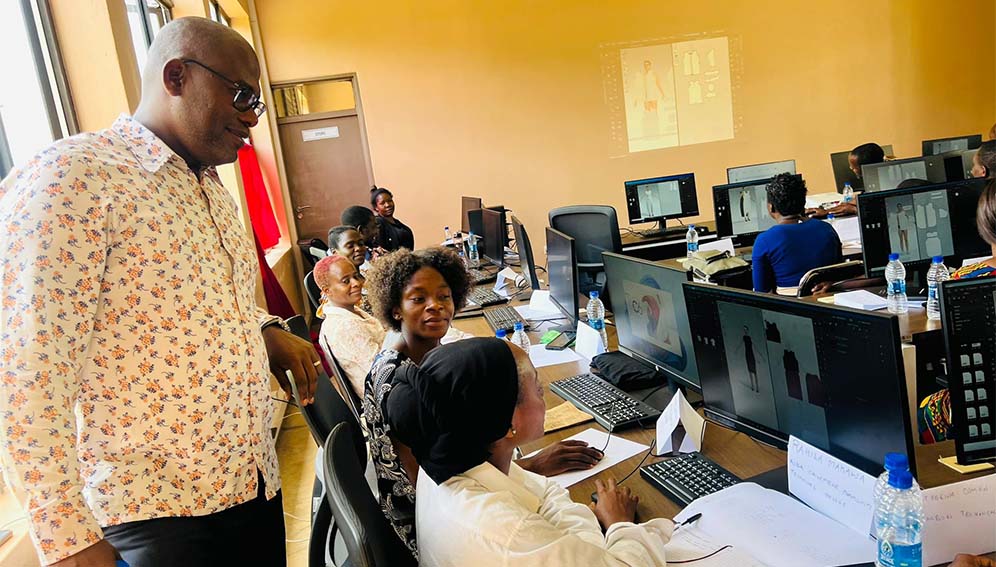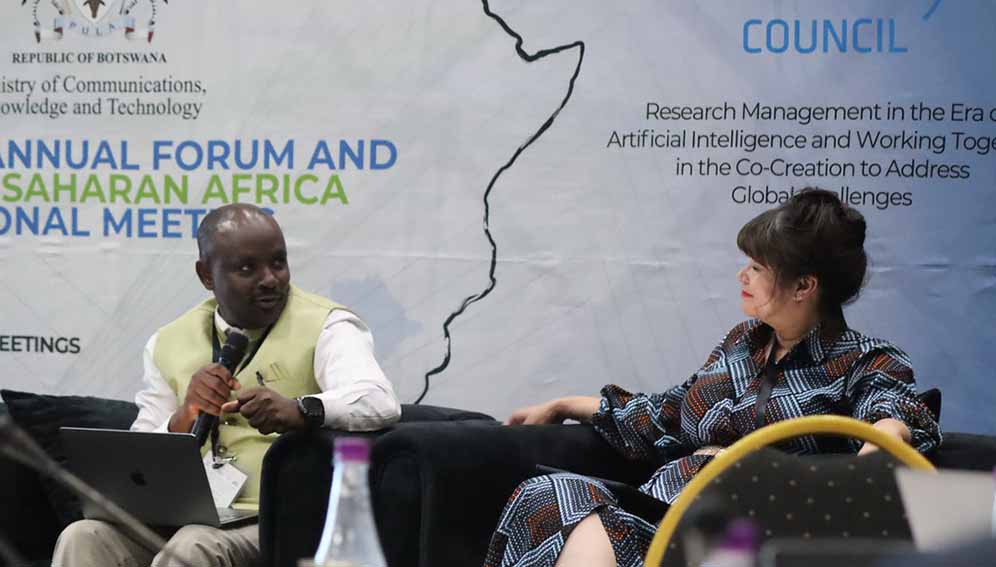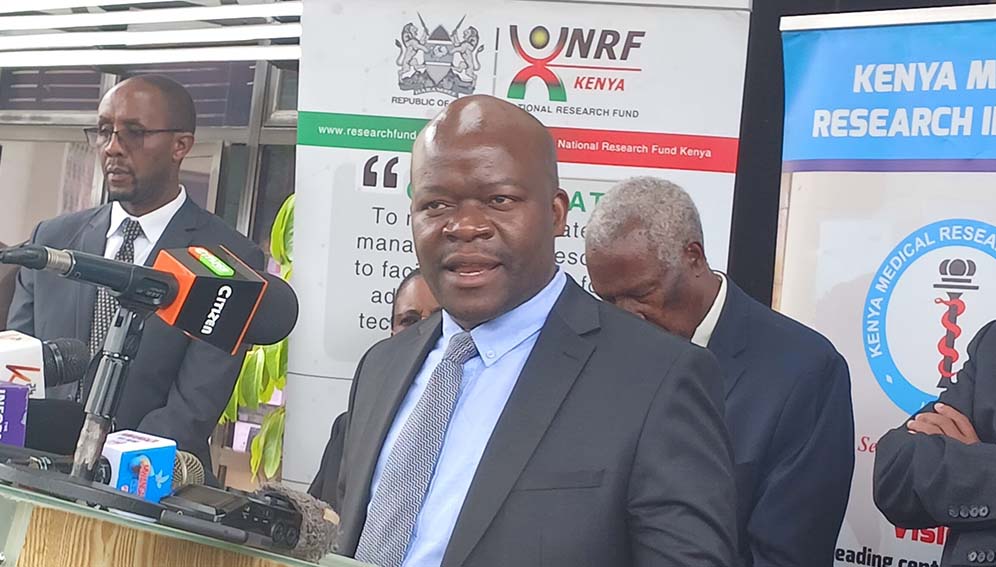Posts by Davis Weddi
Building Africa’s science future: inside the SGCI alliance
As Phase 3 of the Science Granting Councils Initiative launches on the margins of the African Union Summit in Addis Ababa last week, the SGCI Alliance Chair explains why this moment marks a decisive turning point for African science. Cephas Adjei Mensah describes what is being set in motion with the SGCI Alliance as a…
Read MoreOpen call: Support for science granting councils in Sub-Saharan Africa
The International Development Research Centre (IDRC), through the Science Granting Councils Initiative (SGCI), has launched a call for proposals to support science granting councils in Sub-Saharan Africa in the establishment and operationalisation of the Capacity Strengthening Hub under Phase III of the SGCI-3. The Hub will play a central coordinating role in strengthening the research…
Read MoreSGCI phase 3: USD 42M boost for Africa’s STI agenda
It was an exhilarating moment as the Science Granting Councils Initiative (SGCI) Phase 3 funding announcement was officially made yesterday during the Science, Technology, and Innovation (STI) Week 2026, held in Addis Ababa, Ethiopia. The STI Week, organised by AUDA-NEPAD and the African Union and held from 10 to 12 February, brought together ministers, partners,…
Read MoreScience Granting Councils Initiative announce support to Africa’s STI Policy Agenda at African Union Meetings
Press Release Addis Ababa, Ethiopia | February 12, 2026 — Ahead of the Annual Summit of Heads of State at the African Union Headquarters in Addis Ababa this February, Canada’s International Development Research Centre (IDRC), the Government of Norway, and the United Kingdom’s Foreign, Commonwealth and Development Office (FCDO), Wellcome (UK), German Research Foundation(DFG) and…
Read MoreKenya’s research fund launches data security training
The National Research Fund (NRF) Kenya has launched a research data security training workshop, highlighting its commitment to strengthening the quality, integrity, and impact of publicly funded research across the country. The workshop convened experts from universities, Ministries, Departments, and Agencies (MDAs), and research institutions to build practical skills in safeguarding research data, intellectual property,…
Read MoreILASA summer school for systems modeling 2026
Master’s students, PhD candidates, and early-career researchers with a focus on sustainability and quantitative methods are invited to apply for the IIASA Summer School for Systems Modeling, taking place in Laxenburg, Austria, from 29 June – 10 July 2026. The two-week in-person programme offers intensive, hands-on training in mathematical and computational modelling for sustainability research.…
Read MoreThe TWAS-DFG 2026 cooperation visits programme call is now open.
The call is now open for the TWAS-DFG Cooperation Visits Programme for Sub-Saharan Africa. The programme is a collaborative effort between The World Academy of Sciences (TWAS) and the Deutsche Forschungsgemeinschaft (DFG, German Research Foundation) to foster international scientific partnerships. The TWAS-DFG programme provides postdoctoral researchers from Sub-Saharan Africa with the opportunity to undertake a…
Read MoreUniting Malawi’s innovators: NCST’s push to bridge the coordination gap
How does Malawi move from pockets of innovation to a truly connected national ecosystem? In this interview with the Science Granting Councils Initiative, Isaac Chingwota, acting director for Technology Transfer, Innovation and Commercialisation at the National Commission for Science and Technology (NCST), explains why coordination and data are central to unlocking Malawi’s innovation potential. Malawi…
Read MoreNamibia launches BOOSTUP programme to bridge innovation gaps
Many promising technology-driven ideas struggle to progress beyond the concept stage due to limited access to early-stage support and mentorship. These challenges highlight the need for targeted interventions that could transform innovative ideas into viable and scalable solutions. It is against this backdrop that the National Commission on Research, Science and Technology (NCRST), in partnership…
Read MoreKenya’s postgraduate research grants
The National Research Fund (NRF), Kenya, invites applications for postgraduate research grants for the 2025/2026 financial year. This national research call is a strategic intervention to strengthen Kenya’s Science, Technology, and Innovation (STI) ecosystem by supporting high-quality postgraduate research that drives innovation, informs evidence-based policymaking, and contributes to inclusive national development in line with the…
Read More


